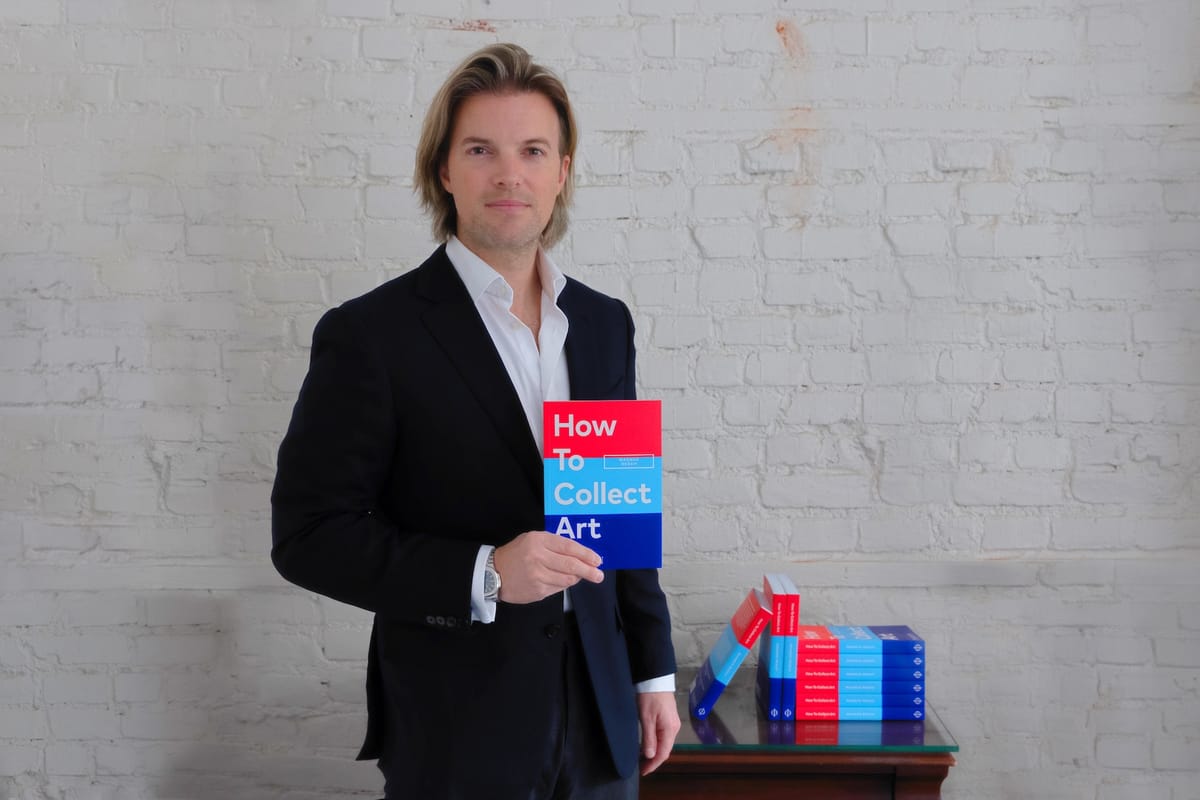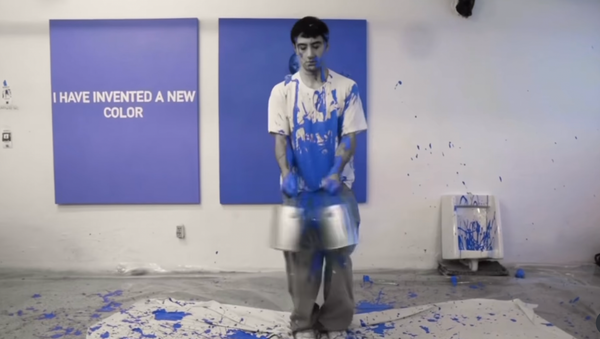From the artists to the art market?

After my visit to the LA Frieze and seeing the frontline of the commercialized art activity here in the U.S., it got me thinking about whether I, as an inspiring artist, will join this grand event at some points and what is actually happening in the art market, which has always been a hidden industry even to the art students beneath this surface. While researching how the art market actually works, I came across an interview of Magnus Resch, who is an entrepreneur and art market researcher who is currently teaching at Yale, that talks about his findings and realization of the art market.
The interview started off talking about the reality of the market itself being relatively unchanged in terms of its size over the last decades, which is never a positive condition economically speaking. While 0.1% of the artworks is able to increase substantially in price, the more general art practices have failed to generate sufficient income for most artists. According to Resch’s published paper in Science, there is a strong correlation between whether an artist can achieve financial success and whether the individual can gather enough networks with galleries and museums within the first 5 to 10 exhibitions, which makes sense as the market value is usually controlled by a few well-known galleries and museums. Part of the reason behind this is that the market, for some reasons, does not encourage new rookie art buyers or collectors due to low price transparency and the sheer fact that artworks are usually not a good investment and are rather expensive. However, on the bright side, Resch also mentioned his observation of the power slowly shifting to artists, especially after COVID when digital and online platforms have become normalized and the technology of NFTs, which will serve as a digital certificate of authenticity that artists can attach to their works instead of relying on intermediate agencies.
Though I believe for most artists, becoming financially successful is not the only goal for our career, and we know already that being an artist is a difficult path. Resch’s interview points out some hard realities of the art world, but that does not necessarily influence the art artists are creating, which is what makes art valuable in the first place, conceptually and economically. His advice of learning some business strategies and how to brand oneself is part of the three goals, “financial”, “socio-ethical”, and “acceptance and belonging” which should reach a balance based on what the individual prefers. There is no right answer, and every artist is different.
For the complete interview, read more here.
The Art Newsletter
Creativity. Culture. Community.
Every Thursday, we send a carefully curated drop of stories, tools, and creative insight for the next generation of artists, musicians, filmmakers, designers, and thinkers.
From cultural commentary to personal reflections, viral trends to overlooked gems. We cover what’s happening and what matters. Want local updates too? Join our Austin list for events, meetups, and opportunities.






